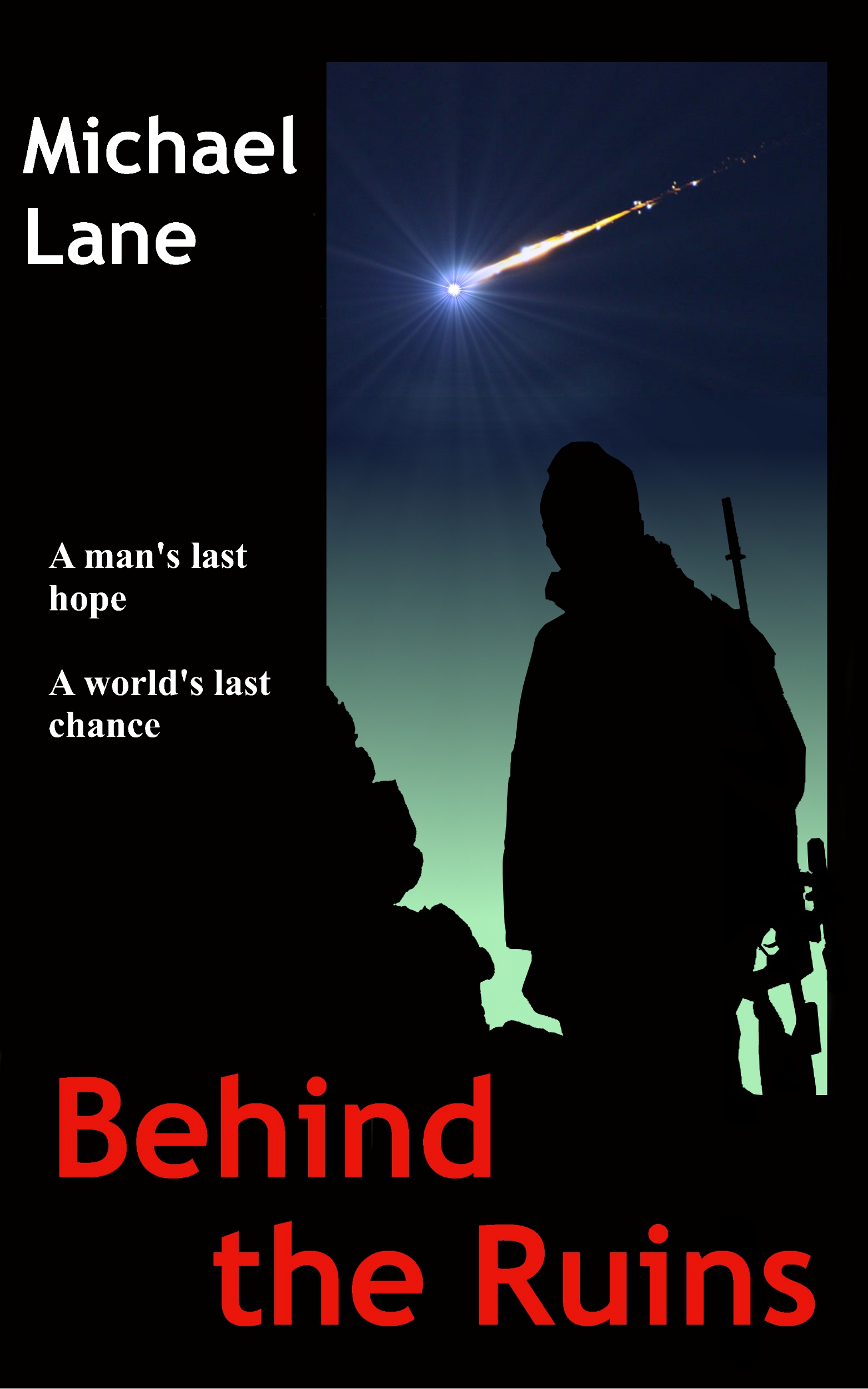"How much plotting should I do for my
novel?" you hear aspiring writers ask fairly continuously on the web and in
coffee shop-cum-bookstores during readings.
It's one of those questions that has an answer which depends on the
writer, of course, but there are some things I've learned about my own writing
process that might be of help to others who work similarly.
Plot, for me, is a blunt instrument that I try to
avoid even thinking about except during the writing process itself. I stump
along, letting my characters talk and do, and find the plot sorts itself out on
its own. I tend to start with the kernel of an idea, but it tends to be vague.
"There's a blackmail event and the characters have to get out of it"
is about all I used on a recent project. By the time I was 12,000 words in the
plot had developed into something that had several good threads and the
characters were doing my work for me - they were in trouble and had to get out
of it. Easy peasy.
That's not a testament to my plotting skills, I
think it has more to do with having characters that are, in the writer's mind,
real people. If they are, they'll do what makes sense for them, whether it's
logical or not, and the story will progress smoothly.
Not having a detailed plot also allows you to
write quickly, which is very important for me. When I write slowly I
overanalyze, become stiff and find myself descending into a haze of
fact-checking that impedes the ability to tell a story, and telling a story is
your job as a writer. Not being stylish, or poetic, or grammatically creative
or anything. You're here to tell a story. For me, going seat-of-the-pants lets
me tell the story without hamstringing its pace and "feel".
Besides, when you finish you'll edit, plug plot
holes, alter scenes and make any fumbles fantastic. That's what edits are for.
So crack open the laptop, choose a simple idea, build some real, memorable
characters and see what they do. It can work very well.


